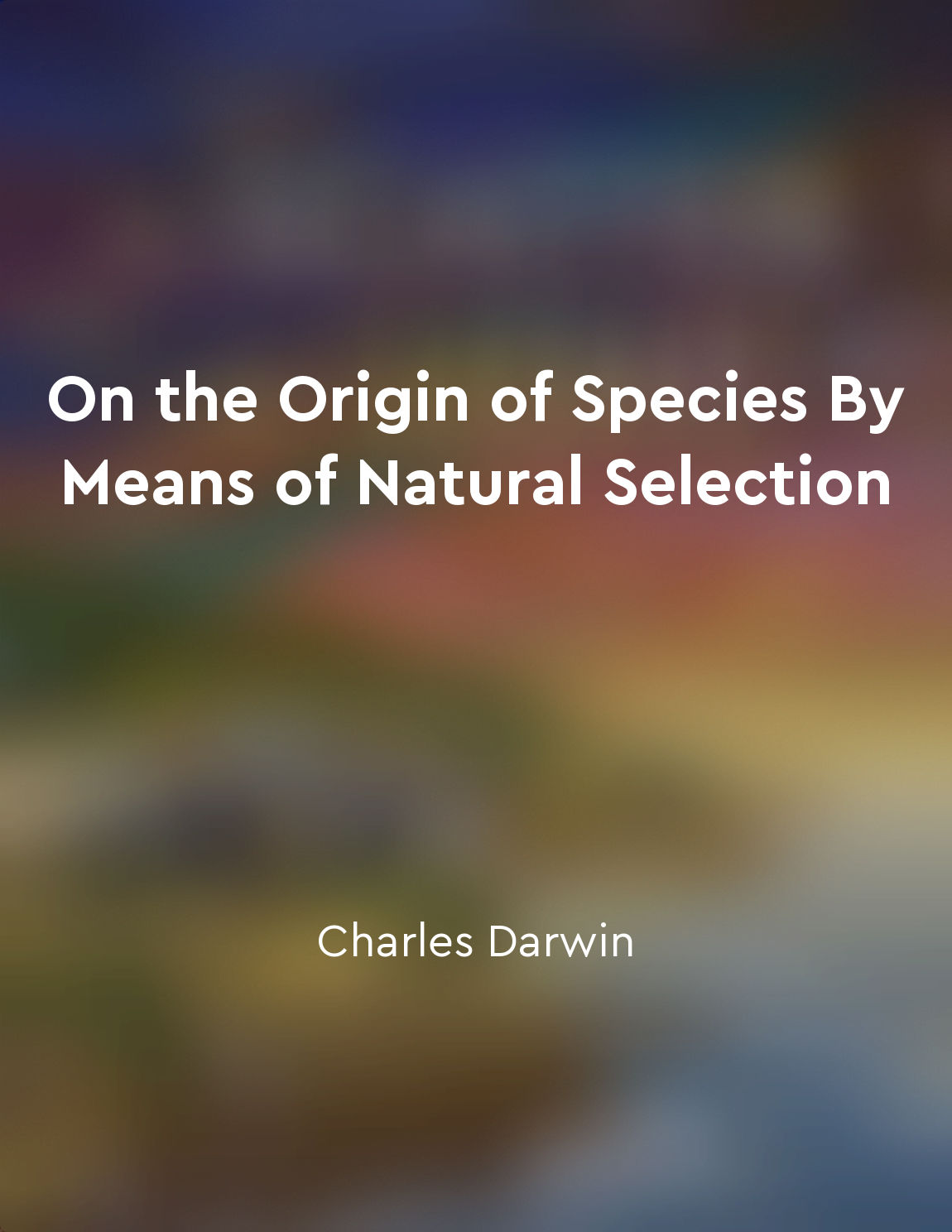Audio available in app
Evolutionary mechanisms shaping psychology from "summary" of Evolutionary Psychology by David Buss
Evolution has shaped the human mind in numerous ways, influencing our thoughts, emotions, behaviors, and motivations. These evolutionary mechanisms have played a crucial role in shaping our psychology, helping us navigate the complex social and physical environments in which our ancestors lived. One such mechanism is natural selection, which acts on variation in psychological traits that have a genetic basis. Traits that enhance survival and reproduction are more likely to be passed on to future generations, leading to the evolution of psychological mechanisms that are adaptive in specific environments. Another important evolutionary mechanism is sexual selection, which influences the development of traits related to mating and reproduction. In many species, individuals compete for mates, leading to the evolution of psychological adaptations that help attract and retain mates. For example, men and women may have evolved different mating strategies due to differences in parental investment, leading to the development of psychological mechanisms that optimize reproductive success. In addition to natural and sexual selection, other evolutionary mechanisms such as mutation, genetic drift, and gene flow also play a role in shaping human psychology. Mutations introduce new genetic variation, which can lead to the development of novel psychological traits. Genetic drift and gene flow, on the other hand, can cause changes in the frequency of existing traits within a population, influencing the evolution of human psychology over time.- We can gain insight into the origins of human psychology and behavior. Evolutionary psychology seeks to uncover the adaptive functions of psychological traits and understand how they have been shaped by the forces of evolution. By studying the universals and variations in human psychology across different cultures and environments, researchers can better understand the underlying mechanisms that drive human behavior and cognition. Ultimately, this knowledge can help us gain a deeper understanding of ourselves as individuals and as a species.
Similar Posts
Culture influences sexual behavior in unique ways
Culture plays a pivotal role in shaping human sexual behavior, guiding our attitudes, beliefs, and practices in intimate relati...
Human instincts are not always conscious decisions
In human behavior, the role of instinct is often underestimated. We tend to believe that our actions are the result of consciou...
People are driven by both selfinterest and a desire for connection
In our daily lives, we are often torn between our own personal interests and our innate desire for connection with others. This...
Buddhism emphasizes impermanence
Buddhism provides a unique perspective on the nature of reality, emphasizing impermanence as a fundamental aspect of existence....
Cultural processes influence human cognitive development
Human cognitive development is not solely determined by genetics or individual experiences, but is deeply influenced by cultura...
Human behavior is a complex interplay of biology, environment, and experience
Human behavior is not solely determined by genetics or environment but is rather a complex interplay of both. Our biology plays...

Evolutionary psychology helps explain complex social behaviors
Evolutionary psychology offers a unique lens through which to understand the complex social behaviors exhibited by humans. By e...

Evolutionary psychology helps explain complex social behaviors
Evolutionary psychology offers a unique lens through which to understand the complex social behaviors exhibited by humans. By e...

Homologous structures in different species
Homologous structures in different species are those which, in their different species, are similar in their form and function,...
Human cognition is characterized by perspectivetaking
Human cognition is characterized by perspectivetaking, which is the ability to understand the world from another person's point...

